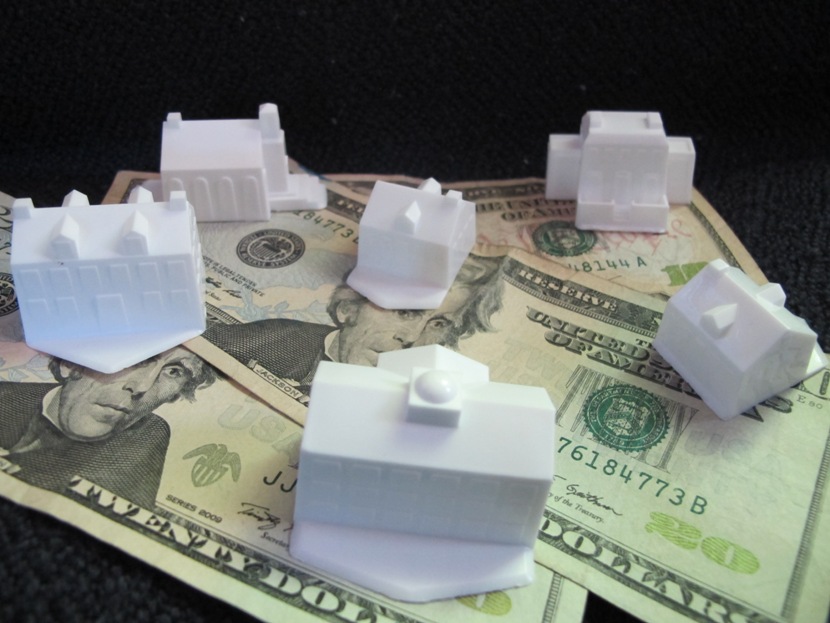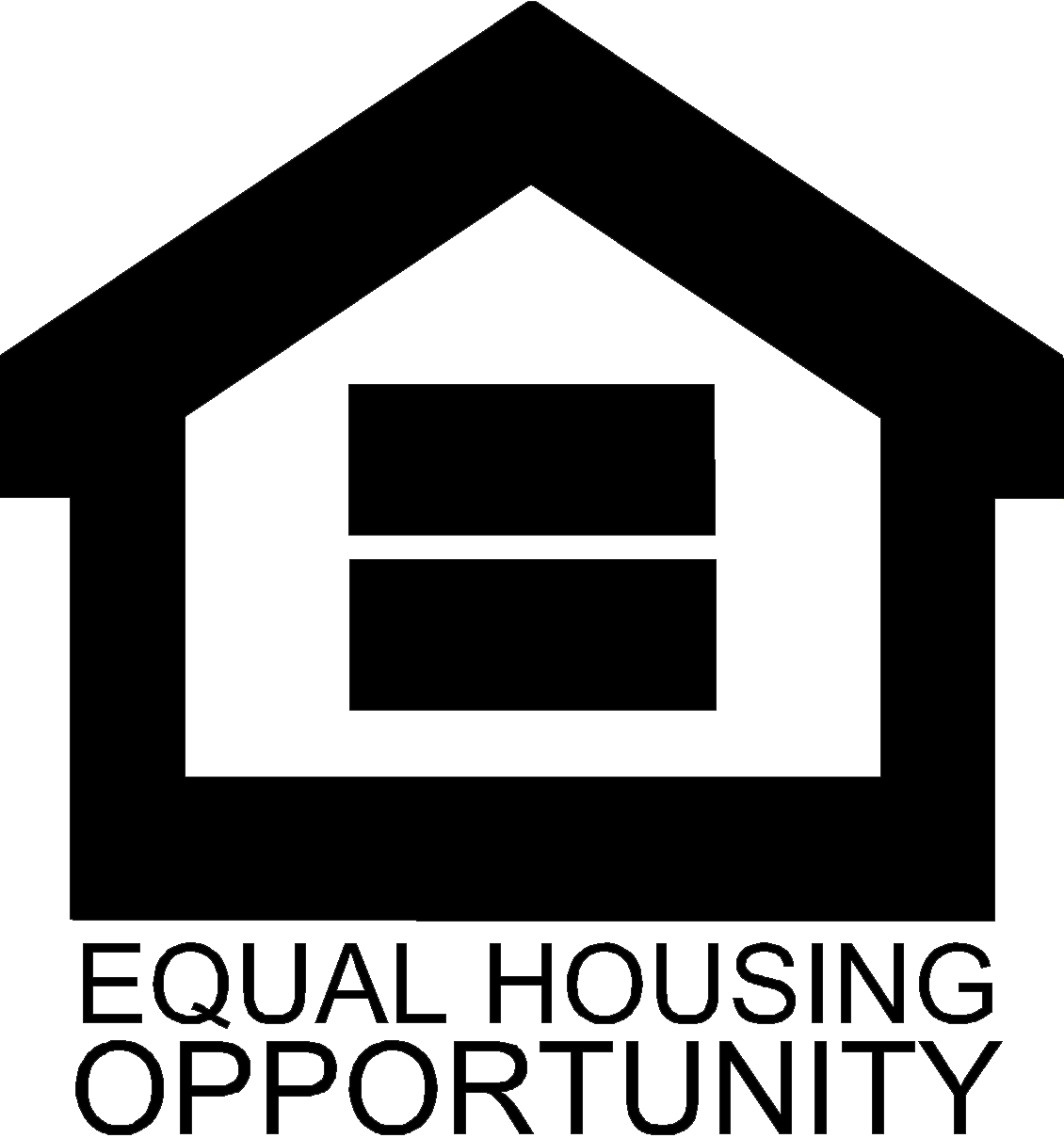Mortgage insurance is required for borrowers that do not have at least a 20% down payment for conventional loans and for all FHA loans. It is bought and paid for by borrower, but it exists to protect the investor should the loan go into default.
Depending on what kind of loan you get, you will pay for mortgage insurance in different ways:
Conventional Loans:
If you are obtaining a conventional loan your lender will arrange for mortgage insurance with a private company, hence the name Private Mortgage Insurance (PMI).
PMI rates vary and range between 0.3% and 1.2% of the loan amount on an annual basis. PMI rates depend on several factors:
- PMI will cost less if you have a larger down payment, and vice versa
- The higher your credit score, the lower your PMI premium.
- If you live in a market with declining property values, your PMI premium might be higher.
- The riskier the loan is to the lender, the higher your PMI.
- If the financed property will be owner-occupied your PMI premium will be lower than if it is an investment property
FHA Loans:
When you obtain a Federal Housing Administration (FHA) insured loan the mortgage insurance premiums are referred to as Mortgage Insurance Premium (MIP). Premiums are paid to the Federal Housing Administration and mortgage insurance is required for all FHA loans regardless of the down payment.
When you obtain a FHA mortgage you must pay an upfront premium of 1.75% of the loan amount. That premium can be paid at closing or it can be rolled it into your loan amount, which increases principal and interest payments up by $8 to $10 a month for every $100,000 being borrowed.
In addition to this upfront premium you will also pay an annual premium that is added to your monthly mortgage payments. Depending on your loan’s size and term, this expense ranges from 0.80% to 1.05% of the loan amount for loans with a term greater than 15 years.
For example a borrower who is purchasing a $100,000 home and is putting down the minimum down payment of 3.5% would pay $1,688.75 as an upfront premium – 1.75% of the $96,500 loan amount. On an ongoing basis a borrower would pay $84.44 monthly which amounts to $1013.25 annually at the highest premium level.
How Long Does A Borrower Pay Mortgage Insurance?
Conventional Loan With PMI:
To remove PMI you must have at least 20% equity in the home. You can request the lender to cancel PMI when you have paid down the mortgage balance to 80% of the home’s original appraised value. When the balance drops to 78%, the mortgage servicer is required to eliminate PMI as required by Homeowners Protection Act of 1998.
An independent appraisal must be conducted before a lender will cancel any mortgage insurance policy.
FHA Loan With MIP:
Not any good news here. Borrowers must pay annual insurance premiums for the life of the loan, regardless of your loan to value ratio. Refinancing into a conventional loan is the only way to eliminate MIP.
Wallingford PA Real Estate – Wallingford, PA 19086


